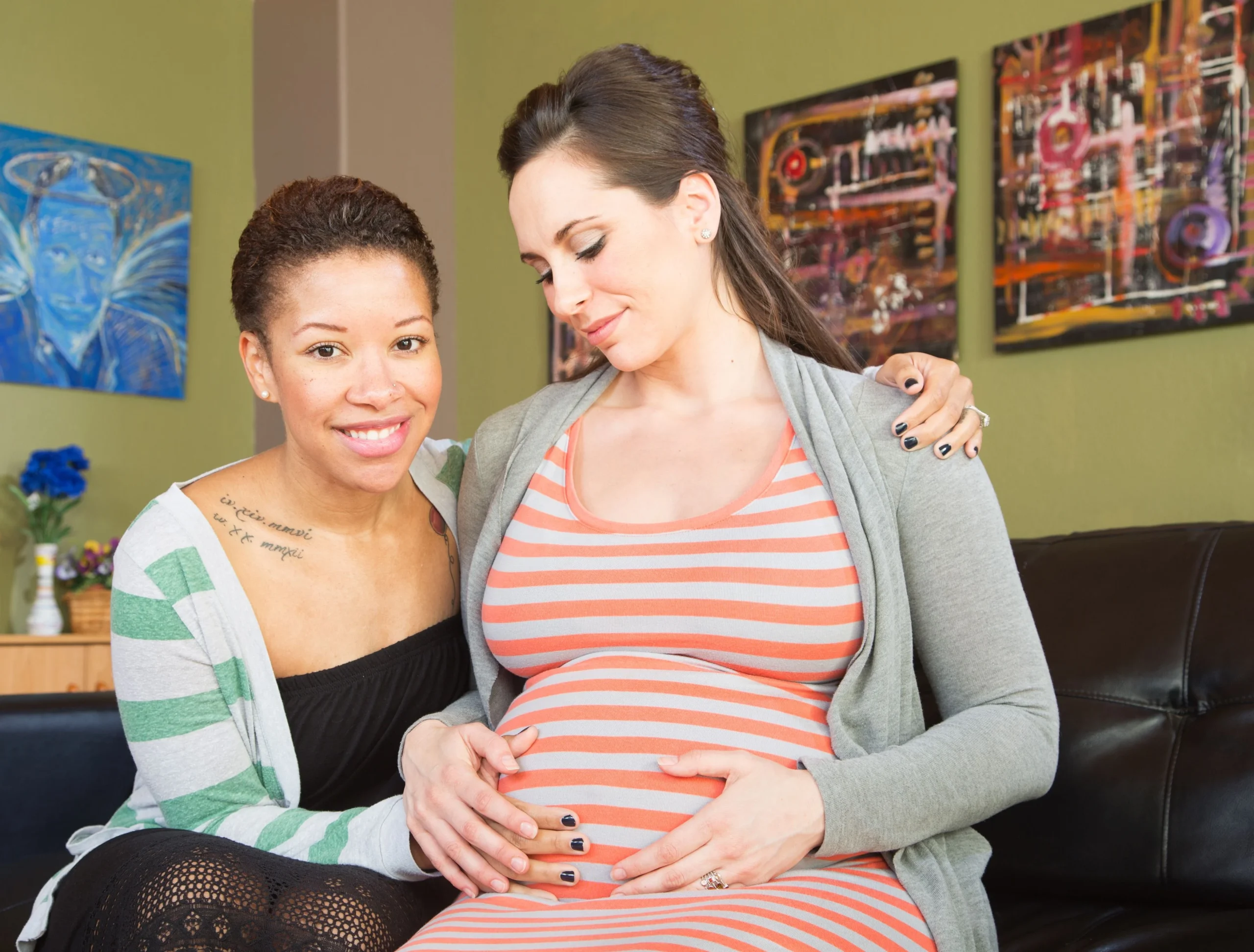My family exists in a bit of a cocoon. We’re white, educated, and comfortably middle class. Aside from a few childhood hurdles (I was a total bookworm and my husband struggles with dyslexia), we haven’t faced many significant challenges. Our kids are growing up in a community that lacks racial or economic diversity. They enjoy good health and countless opportunities to achieve the same bright future their parents have. They haven’t experienced real hardships.
While I’m thankful for our life, I can’t shake the concern that my family might struggle to relate to and empathize with others. It’s all too easy to remain in this bubble, blissfully unaware of the difficulties faced by many. This bubble is warm and cozy, but it can also breed a sort of self-delusion. It’s simple to convince ourselves that the issues we read about online or see on the news aren’t as dire as they seem. It’s easy to feel a little self-satisfied without even realizing it.
In my 20s, I had a life-altering conversation with a friend named Alex, who is Japanese American. He shared the irony of his living situation. Both of us had just moved to Oregon, and he mentioned that he lived in an apartment building that had once housed internment camp detainees during World War II. I was only half-listening, distracted by my own trivial worries, like why my roommate wouldn’t load the dishwasher.
Curiosity got the better of me, and I asked, “Why?” Alex looked at me, surprised, and explained that during the war, the U.S. government had unjustly interned thousands of Japanese Americans. A wave of shame washed over me. How could I have forgotten—or worse, never known? It was so unsettling that I must have subconsciously chosen to ignore it. Growing up, I had no Japanese American friends and had never been to the West, so it was easier to overlook these truths. If it had been taught to me, it clearly went in one ear and out the other. The only blame was on me.
That day was not just embarrassing; it was pivotal. A veil was lifted, and I recognized that history is subjective. We need to make a deliberate effort to listen to all narratives. Now, I ask deeper questions, seeking to understand beyond the surface. I try to stay aware of the world around me, even if I still live in my bubble. I’m sure there’s much I’m oblivious to, but when I encounter something new, I take note.
I’m also teaching my kids to do the same. At ages 9 and 7, we’ve already tackled some tough topics, including the internment camps. I share age-appropriate details, knowing they’ll be ready for more complex discussions when they’re older. Our country, as remarkable as it is, has its flaws. I want my children to grow up loving their nation while understanding its imperfections. It’s essential for them to recognize that as young citizens, they have a responsibility to pay attention to societal issues and ask questions.
The Amache internment camp is just a few hours from home, and we plan to visit. It won’t be the lightest family outing we’ve had, but it’s a vital one. My history-loving 9-year-old will likely be fascinated, while my tender-hearted 7-year-old might shed some tears and want to leave early. Regardless of their reactions, this trip will help them see the world a little more clearly.
In conclusion, it’s essential for us to break out of our comfort zones and confront the realities of injustice. Teaching our children about these issues can foster empathy and awareness, paving the way for a more compassionate future.
For more insightful discussions on parenting and family, check out this blog post. If you’re looking for authoritative resources on home insemination, visit Cryobaby’s Insemination Kit or explore Women’s Health’s pregnancy resource.
